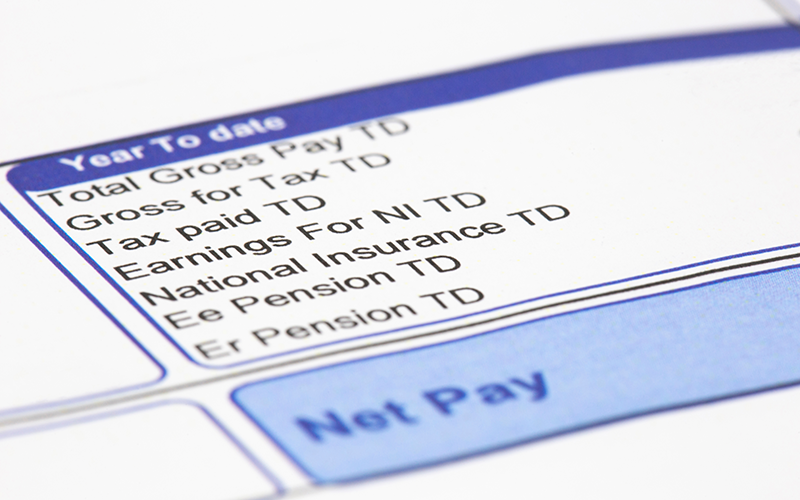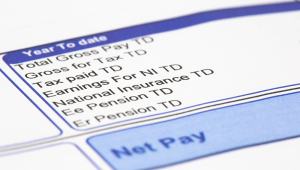By Richard Johnstone | 8 October 2013
Private or voluntary firms that win outsourcing contracts for public services will be required to offer employees continued access to public sector pensions, the government has said.

Image | rigsbyphoto / shutterstock
The Treasury has updated the Fair Deal guidance, which since 1999 has mandated that staff outsourced from government be offered private pension schemes ‘broadly comparable’ to those they used to pay into in the public sector.
However, the coalition government said the complexity of such arrangements could put off bidders for some outsourcing deals.
Therefore, ministers stated in July that staff who are compulsorily transferred from the public sector should instead be offered continued access to their public service scheme.
This reform was confirmed in new regulations published last week.
Under the arrangements, contractors will need to reach a ‘Participation Agreement’ with the relevant public service pension scheme during the procurement process. This will set out requirements for contributions and any securities, such as bonds or guarantees, which need to be provided.
These regulations apply to directly to outsourcing from central government departments, agencies, the NHS, maintained schoolsincluding academies, and ‘any other parts of the public sector under the control of government ministers’. However, it does not apply to local government.
Any subsequent transfers after the initial move would also retain access to public service pensions, the Fair Deal for staff pensions: staff transfer from central government stated.
Responding to the guidance, Gary Delderfield, head of public sector pensions at international law firm Eversheds, said it was a ‘major change’ to allow private sector contractors to participate in public sector pension schemes.
‘Everyone is now waiting to find out the terms on which contractors will participate in these schemes as these have not yet been published. These terms will cover important issues such as contributions, exit debts and the need for security such as bonds or guarantees. As ever, the devil will be in the detail.’
It was surprising that the revised regulations extended the scope of the reforms to schools, he added.
‘A big shock in the new guidance is that the Treasury has extended Fair Deal to apply to maintained schools, including academies, and any other parts of the public sector under the control of government ministers where staff are eligible to be members of a public service pension scheme.
‘This was not part of the original consultation and it will have significant implications for how these parts of the public sector operate.’
John Prior, head of public sector outsourcing at actuaries Punter Southall, said ministers hoped the change would ‘achieve better value for money for the taxpayer by reducing the costs and risks to contractors associated with the provision of broadly comparable pension schemes’.
He added: ‘While the costs and risks associated with staff remaining in their public service scheme are likely to be much lower than they would have been under a broadly comparable scheme, contractors will still need to be careful when it comes to pricing for pensions in their bids.’






















